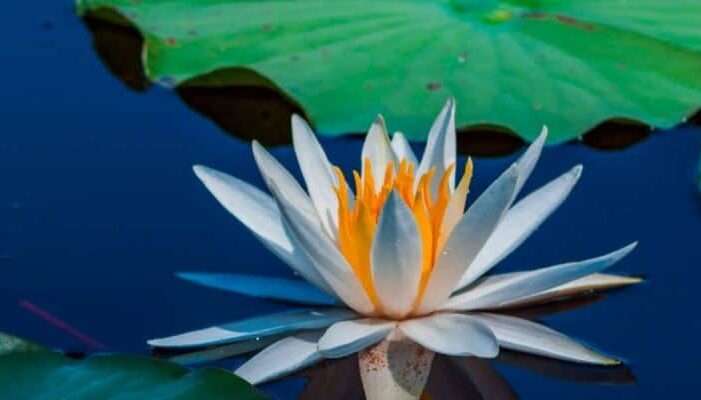POSTS:
Secular Buddhism

A practitioner’s journey to secular Buddhism: Katie
Katie first became interested in meditation and Buddhism through her yoga practice. She found that secular Buddhism's focus on how we can live a good and full life while we are here deeply resonated with her.

What is human flourishing?
Mike Slott offers an account of human flourishing which incorporates Buddhist insights, Marx’s view of human nature, and Martha Nussbaum’s capabilities approach. To flourish, we need to cultivate mindfulness and compassion while creating a society which provides the resources and support for human flourishing for all.

Noah Rasheta’s Secular Buddhism Podcast
Noah Rasheta's Secular Buddhism Podcast focuses on presenting teachings from Buddhist philosophy coupled with modern psychology and neuroscience. Each episode highlights a unique topic, exploring ways to integrate such wisdom into our daily routines.

A dialogue on secular dharma
At an online program on Perspectives on Secular Dharma, Stephen Batchelor, Seth Zuihō Segall, Karsten Struhl, and Mike Slott engaged in a wide-ranging dialogue on key topics related to a secular approach to the dharma.

A practitioner’s journey to secular Buddhism: Ira
As a journalist, Ira met some of Buddhism's most important teachers and became interested in the dharma. As an agnostic, he finds a secular approach particularly valuable because there is less emphasis on beliefs and more on what contributes to wellbeing in this life.

The Buddha was a psychologist (maybe)
Arnie Kozak critiques the hagiographic myth of the God-like Buddha and presents Gotama's dharma as a therapeutic praxis, based on important insights about human psychology.

Secular dharma and ethics
Carmel Shalev discusses how the ethical approach of secular dharma is not based on obeying laws but acting mindfully in each situation to minimize harm and promote the wellbeing of ourselves, others, and all forms of life on the planet.

A practitioner’s journey to secular Buddhism: Kate
Kate's interest in Buddhism began when she was a college student and developed further while she was a Peace Corps volunteer and program manager. Over time, she became increasingly skeptical of the adherence to hierarchy and rituals in many Buddhist traditions and moved toward a secular approach to the dharma, one which does not lean on enlightenment as a goal, but fosters a practice that is ethical, practical, compassionate and forward looking.

‘Think different’ to prevent extinction: the value of Gregory Bateson’s Cybernetic Epistemology and Posthumanism for a secular dharma
Hugh Palmer argues that Gregory Bateson's cybernetic epistemology provides an important resource for developing a secular dharma which recognizes our interconnection with nature.

An interview with Stephen Batchelor on secular dharma
In a recent interview Stephen Batchelor discussed the historical antecedents and development of secular Buddhism, the divergent 'core logics' of traditional and secular Buddhism, and the need to create a new Mindfulness Based Human Flourishing program.

What are the core elements of a secular approach to the dharma?
At a recent online meeting of leaders and facilitators of secular Buddhist groups, organizations, and sanghas, various perspectives were offered on the best way to define or describe a secular approach to the dharma.

A practitioner’s journey to secular Buddhism: Katya
Katya grew up in a culturally Jewish, Leftist family in New York City and became involved with a Buddhist sangha in 2001. When her sangha refused to engage politically around issues of racism after the murder of George Floyd, she connected with the Secular Buddhist Network and has become an active participant.

A practitioner’s journey to secular Buddhism: Tim
Tim grew up in a Christian household, but found a disconnect between his church's teachings and how church members lived their lives. He was introduced to Buddhism over 20 years ago and learned about secular Buddhism in the course of his explorations. Colette Descent edited the interview for SBN.

The path of the bodhisattva or ‘making the road’ through solidarity?
Mike Slott offers an alternative model to the path of the Bodhisattva, one based on the solidarity of practitioners 'co-creating' the transformative changes that we seek.

Our diverse paths to secular Buddhism
Each month, we highlight the path that brought an individual to explore and then fully engage in a secular approach to the dharma.
EXPLORE BY SECTION
SEARCH THE SITE
RECENT POSTS







